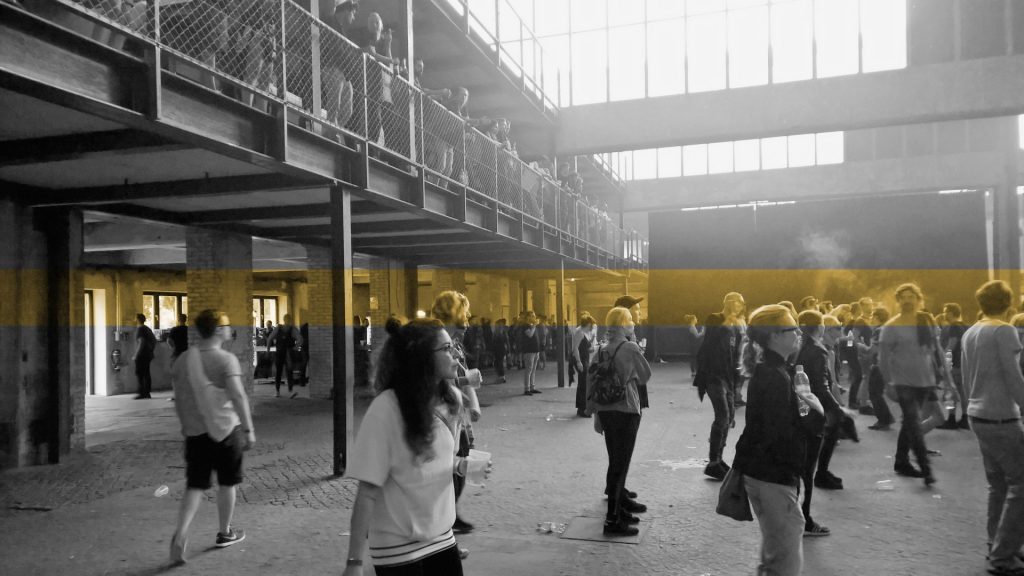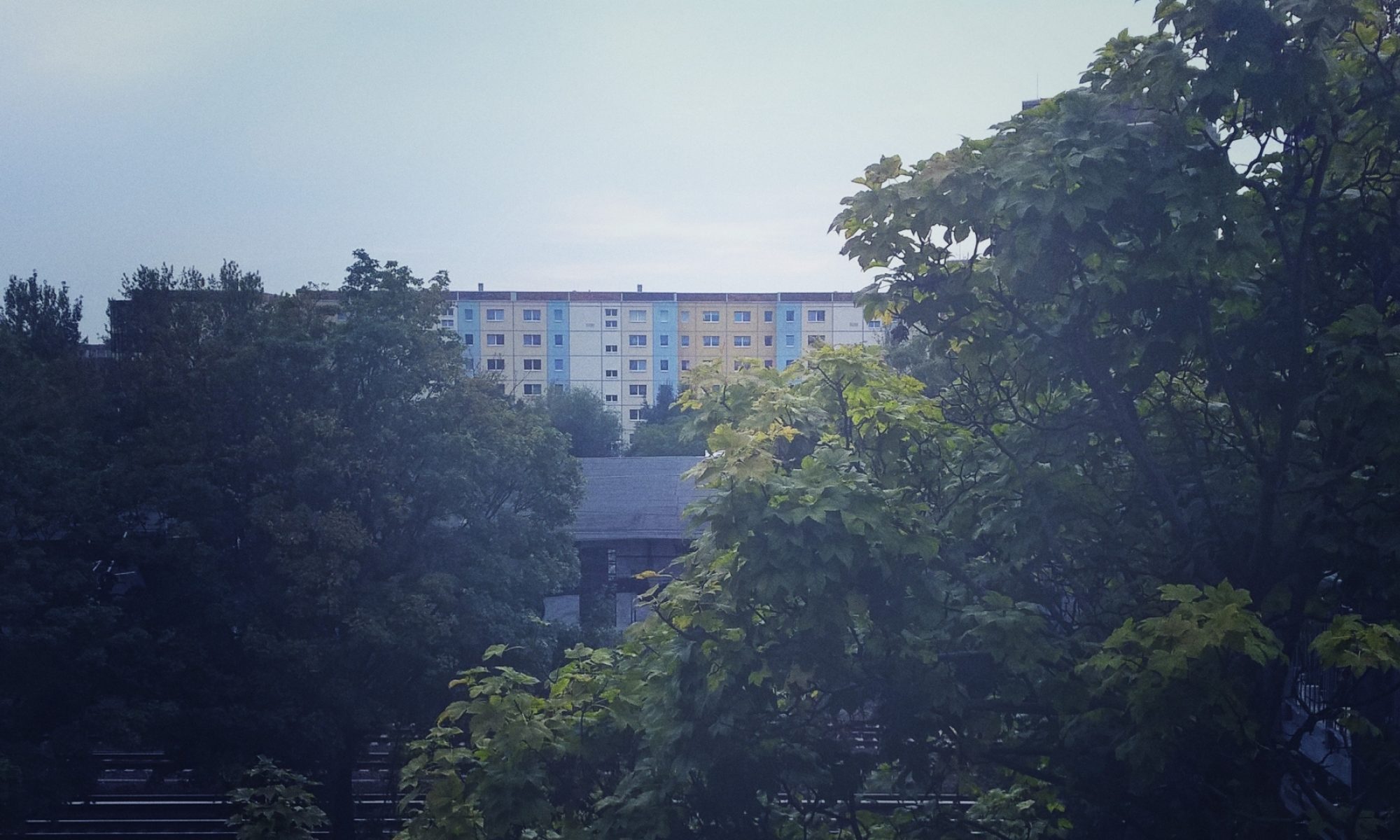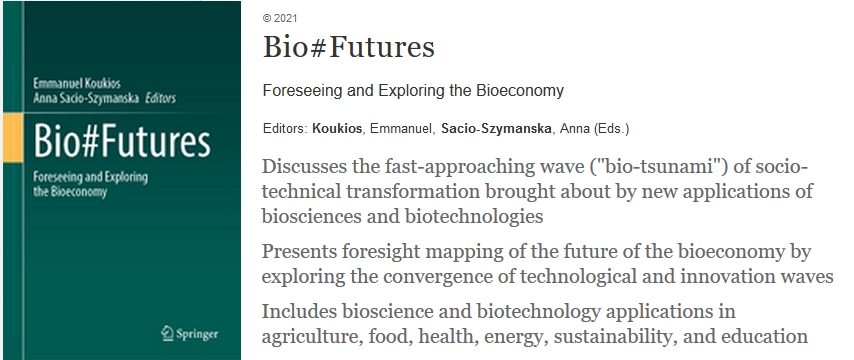We contributed a chapter to the book “Bio#Futures – Foreseeing and Exploring the Bioeconomy” published by Springer. While other contributions explore sustainable development methodologies and practical applications, we were invited to provide an ethical-philosophical framework applicable to the bioeconomy.
See more info and purchase options here: https://www.springer.com/gp/book/9783030649685
About the book:
This volume presents a timely recognition, warning and mapping of the fast approaching wave, or “bio-tsunami”, of global socio-technical transformation, built by a much wider spectrum of converging powers, including biotechnology, new agriculture, novel foods, health, quality of life, environment, energy, sustainability, education, knowledge management, and design of smart applications. The book contains eight sections corresponding to different clusters of bioeconomic and socio-technical change, as identified by the editors’ “Scanning the Horizon” foresight research; it also offers an integrated view of the future bioeconomy landscape though the convergence of several technologies that affect everyday life. The clusters offer methodologies for forecasting the future bioeconomy, and how these predictions can affect target-setting and the orientation of policies and actions to manage cultural and societal change, and achieve sustainable development in less developed areas. The book will be of interest to researchers, producers, logistics experts, policy makers, regulators, business and financial institutions, and biotechnologists (e.g. geneticists, food experts, etc.).

About our chapter:
The adagio that we cannot solve our societal problems with the same methods that create them is well known. The vision that inspiration and motivation for ‘new methods’ need to come from deeper thinking about who we are as individuals and groups and about how to deliberate these problems with each other is less popular. This vision is the point of departure of the New Humanism Project. Tackling complex social problems such as climate change, poverty and the various forms of social depression and oppression comes down to a fair dealing with their complexity. This requires ethical competence and the preparedness to engage in joint public reflexivity ‘in face of that complexity’, taking into account our interests, hopes, hypotheses, believes and concerns.
However, our current methods of democracy, scientific research and education stimulate conflict, polarisation and competition rather than public reflexivity and the development of ethical competence. Therefore, we need to rethink and reform those methods into interaction methods that are inclusive, pluralistic, transdisciplinary and deliberative. We believe these interactive methods will not only enable more effective sustainable development towards a domain such as bioeconomy. They also have a chance to be perceived – in a form of inner ownership – as fair by anyone in our society.


